Do you notice your child sitting too close to the tv when watching? Or telling you that he or she has problems reading the assignments written on the blackboard in school? Have your child checked as early as possible to rule-out myopia or nearsightedness.
Myopia, also called near-sightedness or short-sightedness, is a vision condition in which people find it difficult to see distant objects clearly. High myopia (-5.0D or more) is associated with a higher risk of serious eye conditions such as glaucoma, cataract, retinal detachment and myopic macular degeneration (MMD)—which can even lead to vision impairment or blindness later in life. However, when detected early, myopia can be managed with the right solutions, substantially reducing these risks.
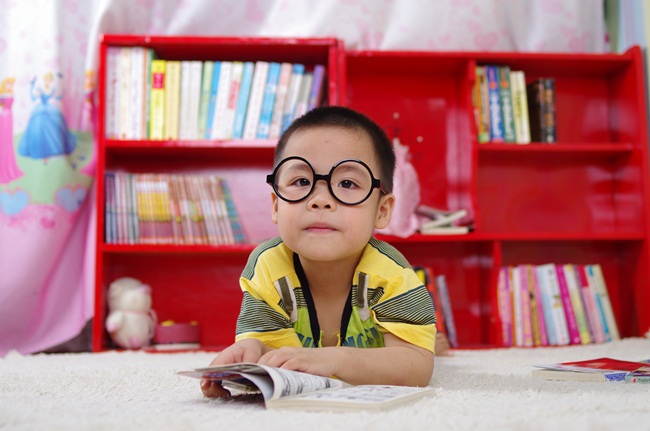
A major cause for concern is that more children are getting myopia at younger ages than before, particularly in Asia, where studies suggest rapid increases in the prevalence of childhood myopia, affecting 80 to 90 per cent of young people in some major cities.
The Department of Health (DOH) has issued an alarm on the rising number of children in developed cities like Metro Manila and Cebu who are suffering from myopia, mostly rooted from their constant use of electronic gadgets. DOH Undersecretary Eric Domingo noted that the gadgets are being served as “babysitters” to the children to keep them occupied.
Essilor, a world-renowned brand in ophthalmic optics, has affirmed its commitment to tackling the growing myopia epidemic as the platinum sponsor of the Asia Pacific Optometry Congress 2019 held in Manila, Philippines. Acknowledging the importance of Essilor’s powerful mission of improving lives by improving sight, the Congress dedicated one whole day to discuss ways for eye care professionals to better manage childhood myopia. This was the first time that a myopia management symposium of this scale was held in the Philippines.
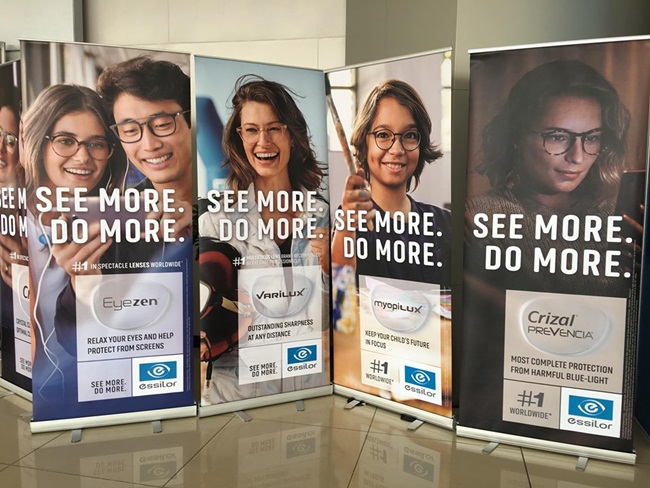
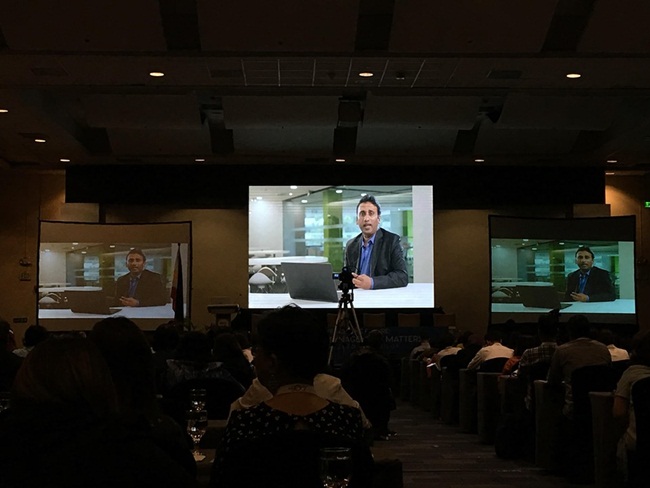
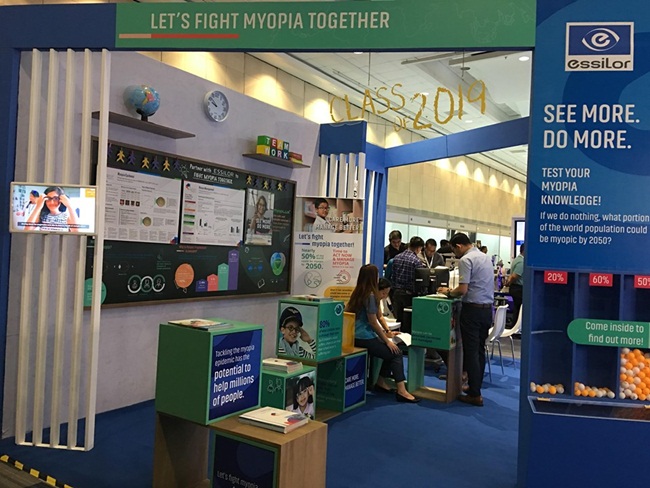
The four-day Congress hosted by the Asia-Pacific Council of Optometry and the Optometric Association of the Philippines, brought together 28 renowned speakers from over 22 countries to explore the latest advances in optometry. During the myopia symposium, some of the industry’s top eyecare professionals with myopia expertise shared their experiences and best practices in managing their patients’ myopia progression with different solutions available today.
Essilor also emphasized the important role that parents play in ensuring the vision health of their children. To delay onset of myopia, children should be encouraged to:
1. Minimize near distance work and spend more time outdoors
2. Taking regular vision or outdoor activity breaks during near work can help.
3. With regard to the usage of various electronic devices, it’s not the digital devices as such, but the fact that digital devices are used at shorter distances than books, as near-work has been shown to be a significant risk factor for developing myopia. Children should be encouraged to maintain an optimal reading distance from the screen, which is the distance between the elbow and the fingers.
When detected early, myopia can be managed—substantially reducing the risks of long-term eye diseases. Regular eye examinations are key to early detection of myopia in children. The sooner a child’s myopia gets detected, the earlier the child will gain access to myopia management solutions and proper eye care.
To detect and manage myopia in children, it is critical for parents to know that regular eye exams s by an optometrist are as important as basic health screening. It is important for children to have regular eye checks, once every six months. Even if a child has been screened for myopia in school, it’s a good idea to take them for an eye check if they are squinting, having headaches or complain of blurred vision.
Essilor’s fight against myopia
Research has already shown that a number of different solutions could help in slowing down the progression of myopia in children. Myopilux® is a range of ophthalmic lenses developed by Essilor, and is designed to both correct myopia and help slow down its progression in myopic children. This non-invasive solution has successfully helped more than one million myopic children in Asia over the last eight years.
Myopilux® Max lenses have slowed down myopia progression by up to 51 per cent compared to other regular single vision lenses. Myopilux® was presented at the Congress with live demonstrations on the proper use of Essilor’s products.
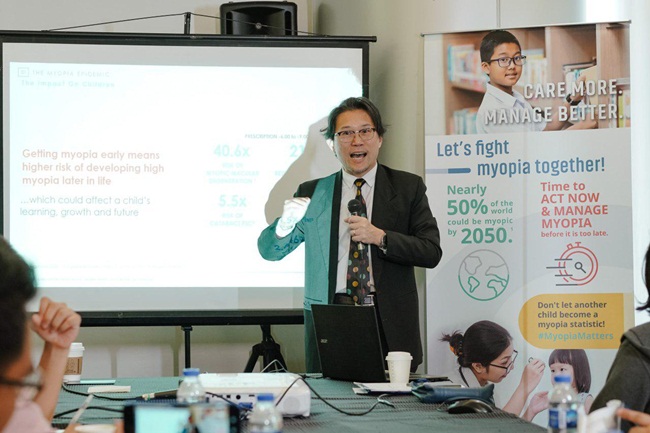
Essilor also recently pledged its support for the publication of eight highly-anticipated white papers by International Myopia Institute, which cover a range of topics deemed essential to advancing clinical knowledge and practice relating to stemming the expanding impact of myopia. Last year, Essilor rallied the eyecare professional community in Asia by supporting the first-ever National Myopia Convention in Singapore and Global Orthokeratology and Myopia Control Conference (GOMCC), the first conference in Malaysia to focus on myopia management. In the Philippines, Essilor has engaged all optical clinics nationwide to provide information on myopia management and Myopilux.


